Top Five Deadly Vitamins
Summary: Recent research has shown that excessive vitamin and mineral consumption sometimes shortens life. Using evidence from scores of clinical trials we generate a list of five vitamin and mineral supplements that have been shown to be harmful to an otherwise healthy person when consumed in excess. [This article first appeared on the LongevityFacts.com website. Follow us on Google+ | Reddit. Author: Brady Hartman. This article was extensively updated on Nov 2, 2017].
Recent research shows that some vitamin or mineral supplements are hazardous to your health.
In particular, five vitamin and mineral supplements have been shown to be harmful to an otherwise healthy person when consumed in supranormal doses.
Given that manufacturers supply vitamins in high doses found to be unhealthy, such as 400 IU capsules of vitamin E, the problem of consuming an unhealthy quantity of vitamins is widespread. According to the National Health and Nutrition Examination Survey (NHANES), about a third of the US population took a multivitamin supplement in a given month. Nearly half of the people surveyed take them daily.
Deadly Antioxidant Vitamins
Antioxidants occupy positions 4 and 5 on our list of deadly vitamins and minerals.
The free radical theory of aging claims that by consuming antioxidants, we can repair the damage caused by free radicals. Unfortunately, a large body of evidence contradicts this recommendation. In fact, research shows that some antioxidant supplements are downright harmful.
For example, beta-carotene, the mineral selenium, and vitamins A, C, and E have long been promoted as a way to ward off cancer and other ailments, such as heart disease, and dementia.
Systematic Review of Antioxidants
Over the years, research reports over the years have tended to contradict each other. Realizing this back in 2012, the Cochrane group set out to settle the controversy once and for all. The independent Cochrane researchers conducted a study of studies, called a systematic review, in which they analyzed the health claims of antioxidant supplements. Systematic reviews are considered to be the strongest forms of evidence because these combine and average the results of separate studies, including those that conclude that excessive vitamins are harmful as well those who don’t. The Cochrane team analyzed 78 randomized clinical trials covering nearly 300,000 study participants taking vitamin supplements and pooled their results. The Cochrane report is the source of two of the deadly vitamins on our top five list.
Top Five Deadly Vitamin & Mineral Supplements
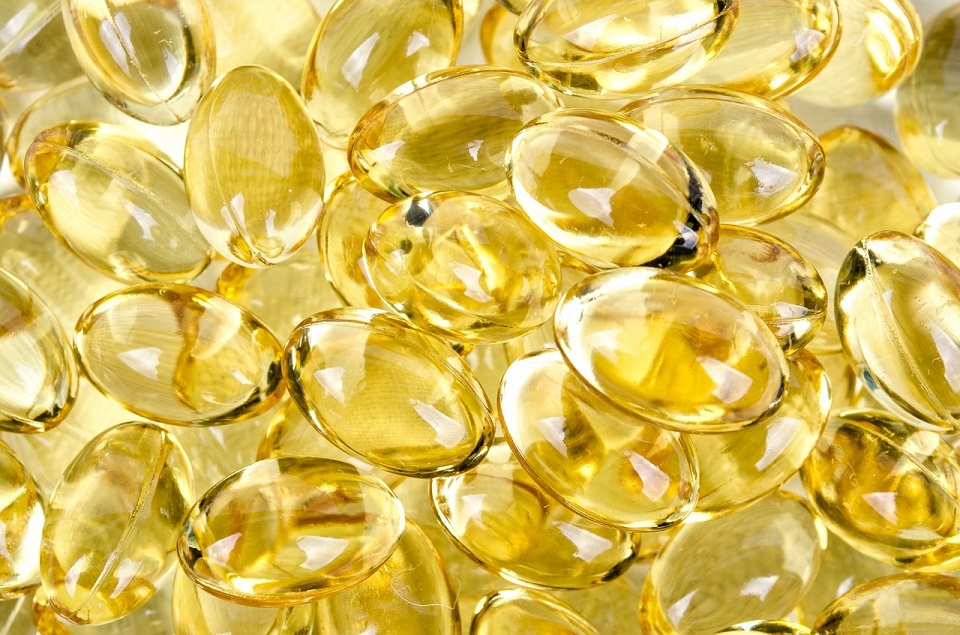
# 5. Excessive Vitamin E
There are at least 8 related types of vitamin E. This family of fat-soluble compounds have similar antioxidant activity, particularly alpha-tocopherol but also including other isomers of tocopherol and the compound tocotrienol. We can obtain vitamin E through our diet as it is found in fish, vegetable oil, nuts, sunflower, wheat, and green leafy vegetables. Vitamin E acts as an antioxidant and free-radical scavenger in lipophilic environments. Bile is required for absorption. Vitamin E is fat-soluble and is stored in adipose tissue (fat tissue), as well as in the liver, and muscle. Vitamin E may block the absorption of vitamins A and K. Moreover, vitamin E decreases low-density lipoprotein (LDL) cholesterol levels at doses more than 400 IU/day.
Vitamin E was once heralded as a way to prevent cardiovascular disease, cancer, and Alzheimer’s disease. Paradoxically, subsequent research has shown that excessive vitamin E may harm one’s health, increasing the risk of cancer and death. The Cochrane systematic review found that the overall risk of death was higher in men and women who supplemented with a high dose of vitamin E than in those who didn’t. The participants in these studies were taking 400 IU of vitamin E – or more daily. Supranormal doses that are practically impossible to obtain from food alone.
The levels of Vitamin E found in ordinary multivitamins doesn’t concern physicians. Many familiar brands, such as Centrum® with 25 IU – contain close to the RDA of 22.4 IU for adults 14 and up.
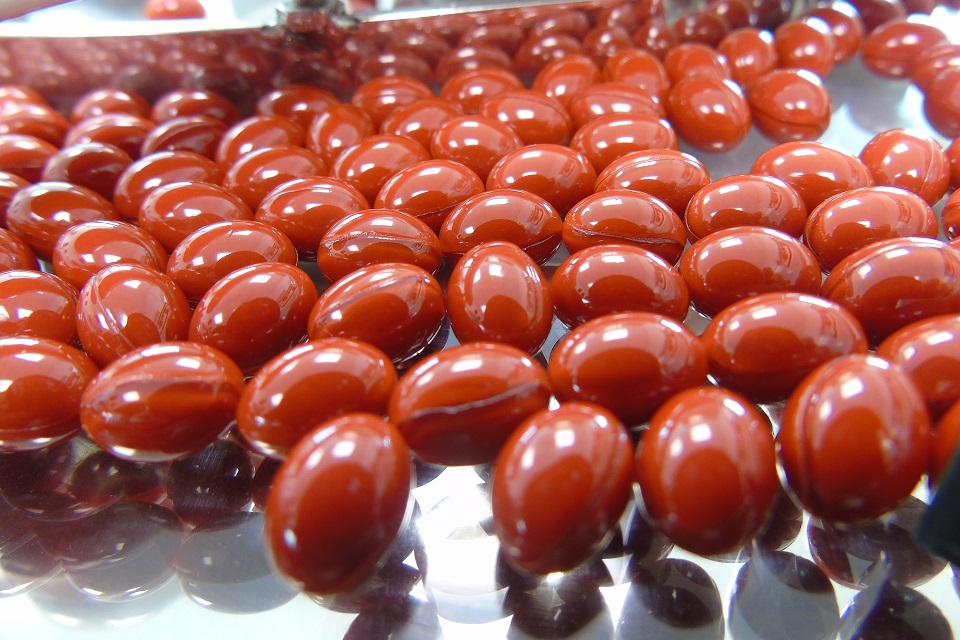
#4. Excessive Vitamin A & Beta-Carotene
Because it is fat-soluble, vitamin A is more likely to build up and cause toxicity when taken in excess. In contrast, water-soluble vitamins are typically excreted in the urine and only stored to a limited extent. Vitamin A toxicity occurs when a person takes excessively large doses.
The body absorbs carotenoids and vitamin A efficiently, yet lacks a mechanism to destroy an excessive build up, increasing the risk of overload. Vitamin A supplements can increase the risk of cancer in pregnancy, especially in the first 8 weeks with daily intake more than 10,000 IU.
Vitamin A and beta-carotene can be bad for the health at doses below the levels considered to be toxic. The same Cochrane review found that large doses of vitamin A and beta-carotene increased the risk of death, being especially unhealthy for smokers or former smokers. The Cochrane group was conclusive that beta-carotene was harmful and less sure about the dangers of excessive vitamin A. It doesn’t matter much, as beta-carotene is a precursor to vitamin A, as the body converts beta-carotene whenever it needs more of the vitamin.
Because deficiencies in beta-carotene and vitamin A are rare in the U.S., excessive doses of these supplements aren’t worth the risk, unless taken under a doctor’s supervision, and for a particular medical condition.
As for the other two antioxidants, the Cochrane researchers couldn’t find evidence of harm for vitamin C or selenium. However, they found that excessive doses of antioxidants aren’t helpful, either, concluding that
“The current evidence does not support the use of antioxidant supplements in the general population or patients with various diseases.”
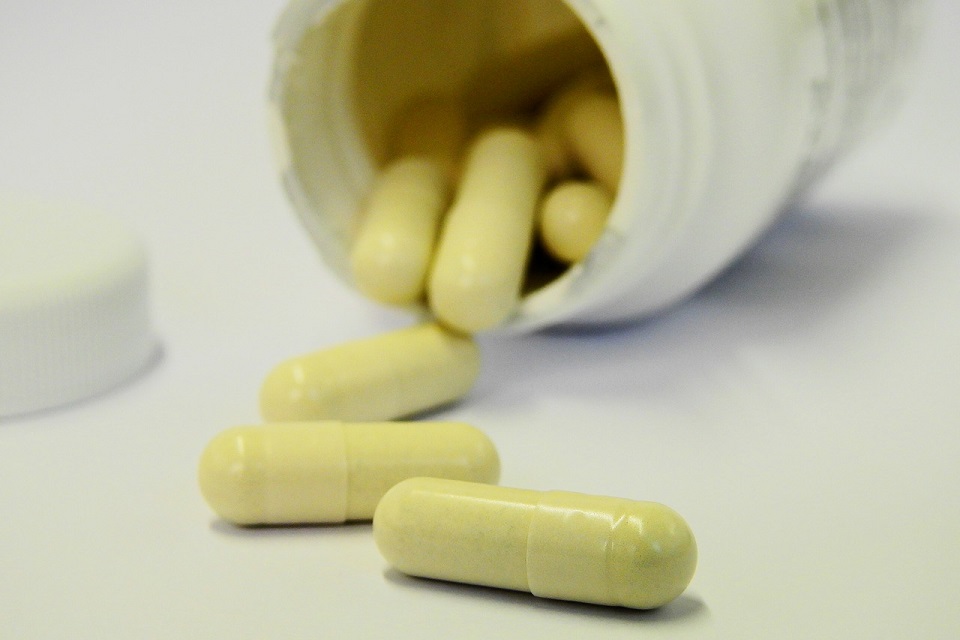
#3. Excessive Vitamin B-6
B vitamins are essential for optimal health, helping our bodies convert our food into fuel and promoting overall good memory and healthy skin. Most people who eat a healthy diet get enough B vitamins from food.
Vitamin B-6, also called pyridoxine, is found in fish, pork, poultry, grains, and legumes. Vitamin B-6 supplements usually contain between 5 and 500 mg per tablet. Vitamin B-6 aids in protein and amino acid metabolism. Bodybuilders use the supplement, as do people with the following conditions, including, carpal tunnel syndrome, schizophrenia, premenstrual syndrome (PMS), childhood autism and attention deficit hyperactivity disorder (ADHD).
Research shows that taking more than 100 milligrams of vitamin B-6 over an extended period – considered to be a large dose – can cause a form of nerve damage called neuropathy, which causes an abnormal sensation in the nerves.
#2. Excessive Vitamin B-3
Excessive vitamin B-3 lowers cholesterol but seems to do so in a way that does no good. Vitamin B-3 also called niacin is an essential vitamin when taken in healthy amounts. Paradoxically, while high doses of niacin improve cholesterol levels, studies have shown it doesn’t reduce the incidence of heart disease or death.
High doses of this vitamin can damage the liver. Supplementing with supranormal doses of vitamin B-3 should be done only under the supervision of a doctor, as serious side effects can occur, including severe liver disease.
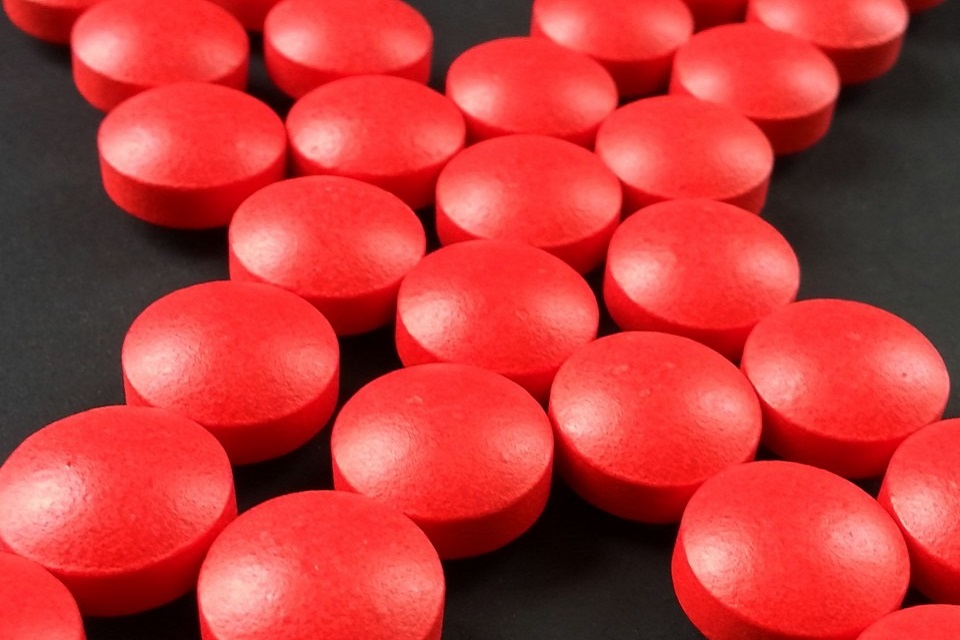
#1. Deadly Iron Overload
Iron is an essential component of hemoglobin, a blood protein that delivers oxygen throughout the body. Iron is abundant in red meat and deficiency is rare in healthy men and postmenopausal women.
Excessive intake of iron – whether by diet or supplements – leads to iron overload which can damage the liver and possibly the pancreas and heart. Some studies have linked iron overload to increased mortality, as too much iron can also cause liver inflammation and cellular damage.
Excessive Vitamins – Take Home Message
While our list was not ranked in any particular order, it is clear that excessive vitamin and mineral intake has been linked to poor health and a sometimes a higher risk of death, when consumed by the average healthy American.
On the other hand, supplementation has been shown to be healthy for those people suffering from specific vitamin and mineral deficiencies. Supplementing with high doses of vitamins or minerals should only be done for a particular condition and only under the supervision of a doctor, as serious side effects can occur, including severe liver disease.
The evidence shows that a healthy diet, with large portions of fruits and vegetables, not only provides most of our needed vitamins and minerals, it contains other nutrients which have been shown to reduce the risk of death by 31%, while reducing the risk of cancer, stroke and heart disease. To learn more, feel free to read our companion article on the health benefits of fruits and vegetables.
While not on our top five list, multivitamins have also been shown to increase the risk of death in some groups of otherwise healthy people. Other research has shown that vitamin supplements are a waste of money for otherwise healthy people with a proper diet. To learn more about the hazards of multivitamins, and to learn about specific cases where doctors recommend supplements, read our companion article on vitamins and supplements.

Show Us Some Love
- One click helps us spread the word – Show some love and share this post on your social media account and share it with your friends. It only takes one click on any of the social media links on this page.
- Follow us on social media – For more articles, follow us on Google+ | Facebook | Reddit
- Sign up for our email list – We use your email to notify you of new articles. We won’t spam you, and we won’t share your email address. Cancel at any time.
- Tell us what you think – Scroll down and leave a comment.
References
Cover photo courtesy of US Air Force – Staff Sgt. Alexandre Montes.
- Mowry JB, Spyker DA, Brooks DE, McMillan N, Schauben JL. 2014 Annual Report of the American Association of Poison Control Centers’ National Poison Data System (NPDS): 32nd Annual Report. Clin Toxicol (Phila). 2015 Dec. 53 (10):962-1147. [Article Link].
- American Association of Poison Control Centers’ National Poison Data System. Annual Reports. [Article Link]
- North America, Asia lead vitamin and supplement usage. Nielsen Wire. [Article Link]
- Office of Dietary Supplements (ODS). Dietary Supplement Fact Sheet: Multivitamin/mineral Supplements. National Institutes of Health. July 8, 2015. [Article Link]
- Office of Dietary Supplements (ODS). Dietary Supplement Fact Sheet: Vitamin A. National Institutes of Health. June 05, 2013. [Article Link].
- Office of Dietary Supplements (ODS). Dietary Supplement Fact Sheet: Vitamin B6. National Institutes of Health. September 15, 2011. [Link to Article]
- Office of Dietary Supplements (ODS). Dietary Supplement Fact Sheet: Vitamin B12. National Institutes of Health. June 24, 2011. [Article Link]
- Goran Bjelakovic, Dimitrinka Nikolova, Lise Lotte Gluud, Rosa G Simonetti, Christian Gluud. Antioxidant supplements for prevention of mortality in healthy participants and patients with various diseases. Cochrane Database of Systematic Reviews. 2012 Mar 14. 3:CD007176. [Link to Article].
- Office of Dietary Supplements (ODS). Dietary Supplement Fact Sheet: Vitamin E. National Institutes of Health. [Article Link]
- Institute of Medicine (IOM). Food and Nutrition Board. Dietary Reference Intakes (DRIs): Recommended Dietary Allowances and Adequate Intakes, Vitamins. [Article Link]
- Brown BG, Zhao XQ, Chait A, Fisher LD, Cheung MC, Morse JS, et al. Simvastatin and niacin, antioxidant vitamins, or the combination for the prevention of coronary disease. New England Journal of Medicine. 2001 Nov 29. 345(22):1583-92. [Article Link].
- Cheung MC, Zhao XQ, Chait A, Albers JJ, Brown BG. Antioxidant supplements block the response of HDL to simvastatin-niacin therapy in patients with coronary artery disease and low HDL.
Arteriosclerosis, Thrombosis, and Vascular Biology. 2001;21:1320-1326. https://doi.org/10.1161/hq0801.095151. [Article Link] - Debreceni, B. and Debreceni, L. (2012), Why Do Homocysteine-Lowering B Vitamin and Antioxidant E Vitamin Supplementations Appear To Be Ineffective in the Prevention of Cardiovascular Diseases?. Cardiovascular Therapeutics, 30: 227–233. doi:10.1111/j.1755-5922.2011.00266.x. [Link to Article].
Disclaimer
Diagnosis, Treatment, and Advice: This article is intended for educational and informational purposes only and is not a substitute for qualified, professional medical advice. The information and opinions provided herein should not be used during any medical emergency or for the diagnosis or treatment of any medical condition. Consult a licensed and qualified physician for the diagnosis and treatment of any and all medical conditions. Call 911, or an equivalent emergency hotline number, for all medical emergencies. As well, consult a licensed physician before changing your diet, exercise or vitamin and mineral supplement programs. Photos, Endorsements, & External Links: This article is not intended to endorse organizations, companies, or their products. Links to external websites, mention or depiction of company names or brands, are intended for illustration only and do not constitute endorsements.
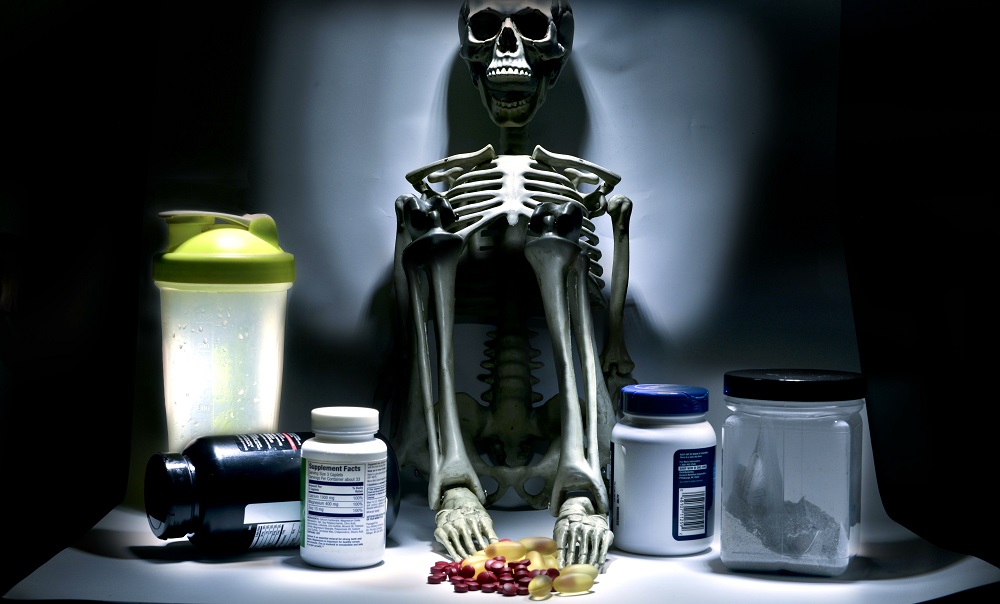
Great! I how can i subscribe ?
You need to fix some of the pics .. nice article .. well written
thanks for posting this